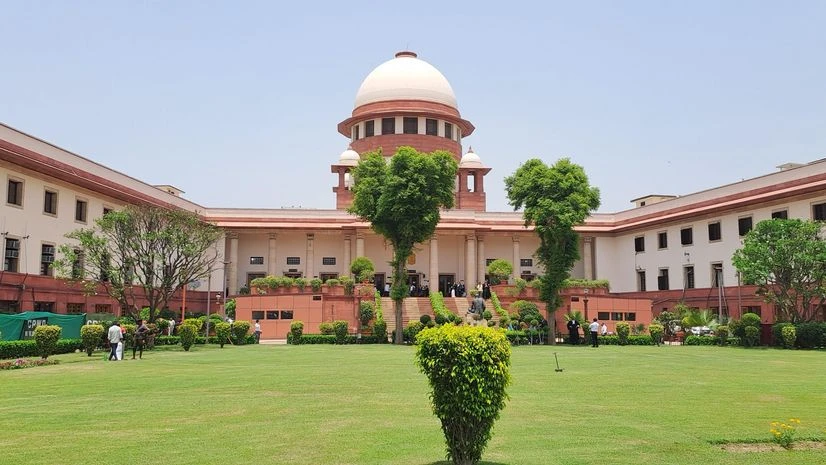The Supreme Court has announced plans to establish a bench to address the claims of mineral-rich states like Jharkhand, which are seeking to collect millions in unpaid royalties and taxes related to mineral rights. This move follows a significant ruling on July 25, where the court determined that states, not the Central government, hold the power to tax mineral resources. A subsequent clarification allowed states to recover dues dating back to April 2005 over 12 years. During recent hearings, lawyers representing Jharkhand highlighted ongoing legal barriers hindering the state’s ability to implement tax laws, emphasizing the urgent need for the court to address these issues.
The Supreme Court of India has announced that it will establish a bench to address the pleas from mineral-rich states like Jharkhand. These states are looking to reclaim royalty and tax dues from the central government and various mining firms, amounting to thousands of crores of rupees.
This development comes after a significant ruling on July 25, where a nine-judge bench, led by Chief Justice D Y Chandrachud, determined that states have the authority to tax mineral rights, shifting the power away from Parliament. The court later clarified that this ruling would allow states to recover outstanding dues retroactively from April 1, 2005, spanning over a twelve-year period.
On Wednesday, Rakesh Dwivedi, representing Jharkhand, urged the Supreme Court to focus on the legal challenges surrounding the recovery of these dues. He emphasized that it is essential to address the laws governing Jharkhand’s ability to collect taxes on minerals, referencing a previous court decision that impacted the state’s taxing rights. With the recent ruling, there is optimism that the law may now be validated, allowing for the collection of much-needed revenues.
As the situation evolves, both states and mining companies are keenly awaiting the court’s decisions on these matters, which could significantly impact the mineral taxation landscape in India.
This latest development highlights the ongoing disputes over mineral rights and taxation in India and the crucial role the Supreme Court plays in resolving these issues.
Relevant Tags: Supreme Court, Jharkhand, mineral rights, tax dues, mining firms, royalty recovery.
-
What is the purpose of the Supreme Court’s new bench?
The Supreme Court’s new bench will hear cases from states about recovering unpaid royalties and tax dues. -
Why do states need to recover these dues?
States need to recover these dues to ensure they have enough money to provide services and support their citizens. -
What kinds of dues are being discussed?
The dues include unpaid royalties from natural resources and various tax amounts owed to the states by companies or individuals. -
How can states benefit from this decision?
This decision can help states get back money that is rightfully theirs, improving their financial stability and ability to deliver public services. - When will the bench start hearing these cases?
The exact date for when the bench will start hearing these cases has not been specified yet, but it will be soon.
)





